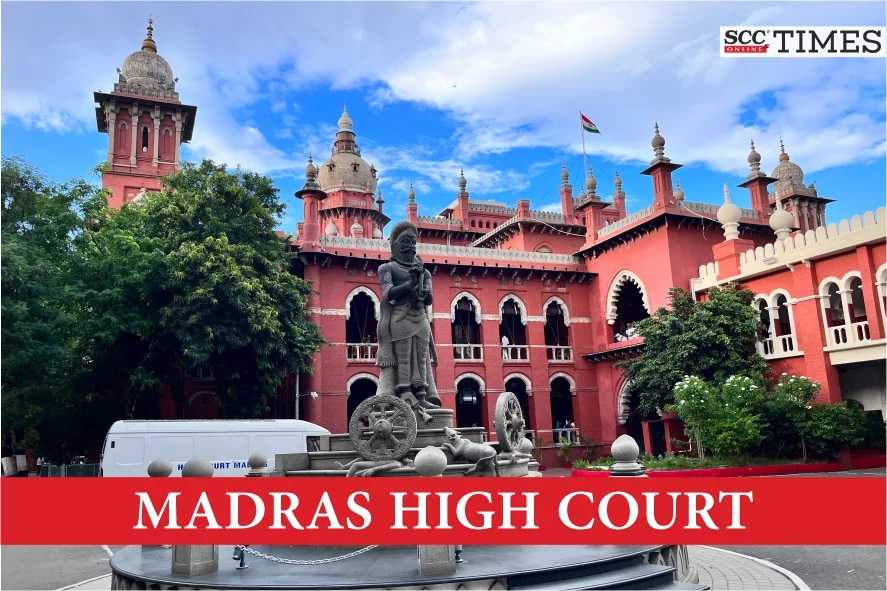Madras High Court: In an intra-Court appeal filed under Clause 15 of Letter Patents against the order passed by this Court, wherein the Court viewed that appointing the appellant as Guardian for the person as well as the properties of her husband, who is currently in a vegetative state by the appellant cannot be granted in a writ petition under Article 226 of the Constitution of India and directed her to approach the jurisdictional Civil Court, the Division Bench of G.R. Swaminathan and P.B. Balaji JJ. while setting aside the impugned order, issued the following directions:
(a) The appellant was appointed as the guardian for the person as well as properties of her husband.
(b) The appellant was permitted to deal with the property on behalf of the husband. She was also directed to ensure that a sum of Rs.50 lakhs is deposited in a nationalized bank in the name of the husband. The deposit amount will fetch interest and the accrued interest can be withdrawn by the appellant once in three months. Fixed Deposit so created were directed to remain till the lifetime of the husband. After his demise, it will go in three equal shares in favour of his legal heirs.
(c) The appellant was directed to file an affidavit before the Registry of this Court indicating the compliance of the direction to create a Fixed Deposit in the name of the husband to the tune of Rs.50 lakhs.
Background:
The writ petition was filed for appointing the appellant as Guardian for the person as well as the properties of her husband who is currently in a vegetative state. He was in hospital from 13-02-2024 till 04-04-2024. It is stated that the hospital bills have run to several lakhs of rupees. At present, he is being kept at home and taken care of by the appellant through critical care nurses and a caretaker. The appellant has sought the aforesaid appointment as guardian so that the immovable property standing in the name of her husband can be disposed of. The Single Judge took the view that the relief sought for by the appellant cannot be granted in a writ petition under Article 226 of the Constitution of India. Liberty was given to the appellant to approach the jurisdictional Civil Court. Thereafter, the Division Bench directed the appellant to implead her children.
Analysis and Decision:
The Court viewed that the Single Judge was not right in holding that the writ petition was not maintainable.
After an interaction with the children of the appellant, the Court was satisfied that the family is without any means and that unless the petition mentioned property is allowed to be dealt with, great hardship will be caused to them.
The Court said that taking care of a person lying in Comatose condition is not that easy. It requires funds. Paramedical staff will have to be hired.
The Court noted that the petition mentioned that the property belongs to the husband. It must be used for his benefit. The State is not taking care of him. The appellant is shouldering the entire burden. Thus, the Court viewed that driving the appellant to move the Civil Court is not proper.
The Court further said that when based on admitted and proved facts relief can be granted, there is no purpose in non-suiting the appellant on the ground that the writ petition is not maintainable. It also said that when writ petitions raising similar grounds have been entertained and reliefs were granted, the Single Judge was not right in holding that the writ petition is not maintainable.
Thus, the Court set aside the impugned order and issued certain directions.
[S.Sasikala v State of Tamil Nadu, 2024 SCC OnLine Mad 1376, decided on 23-05-2024]
Judgment Authored by: Justice G.R. Swaminathan








